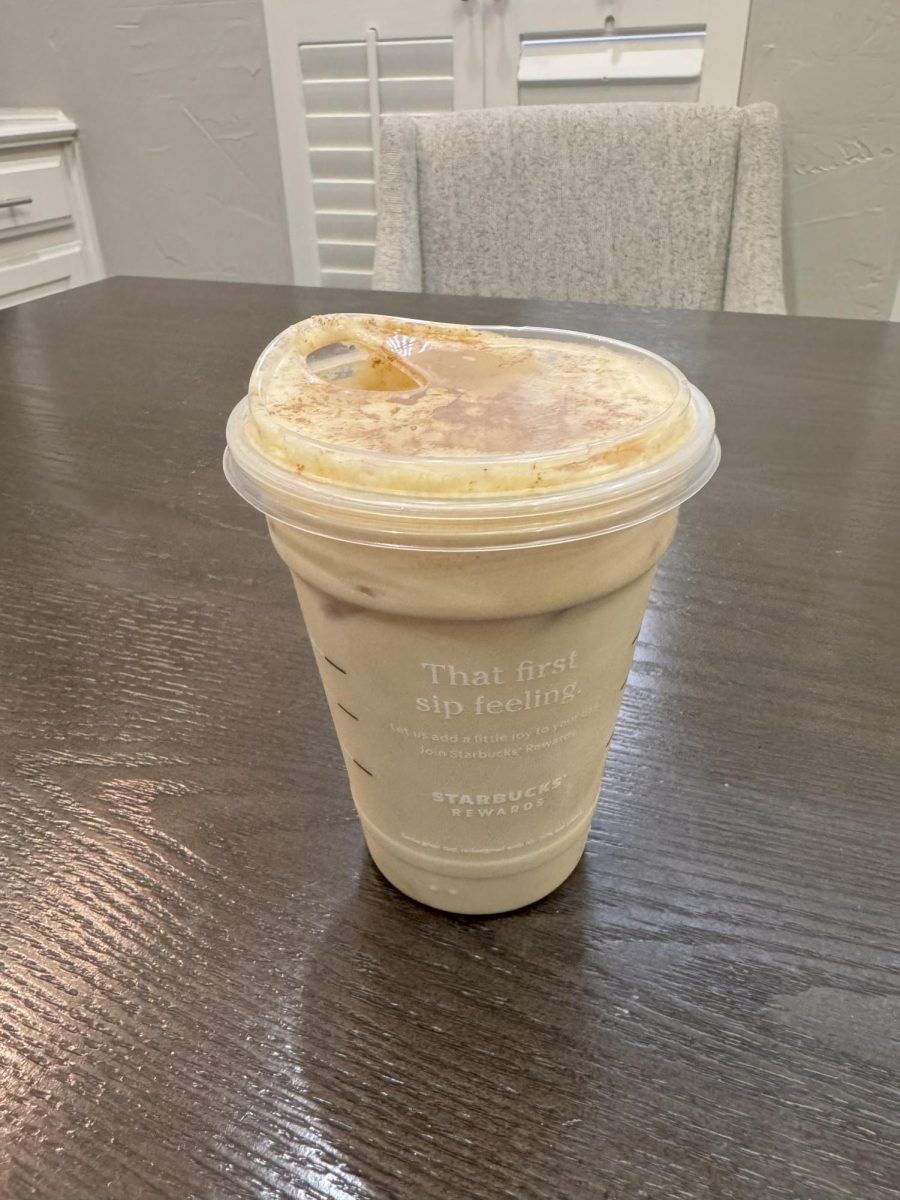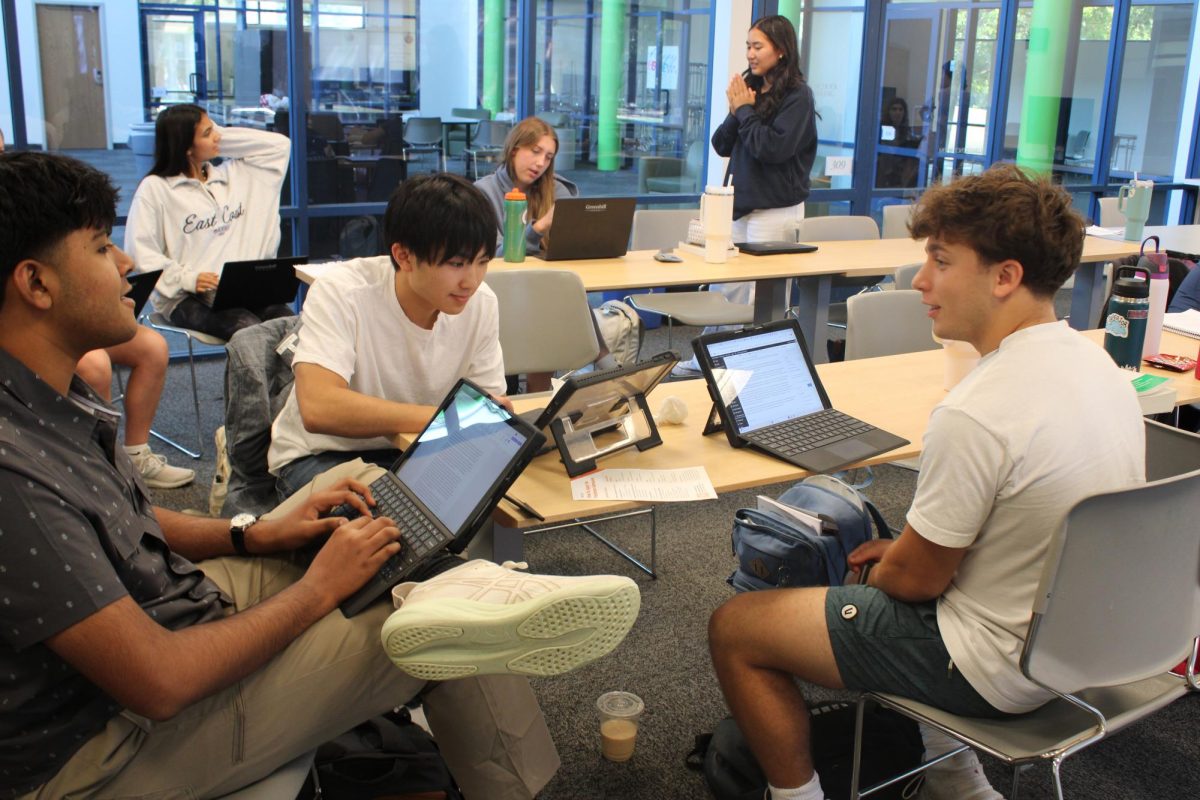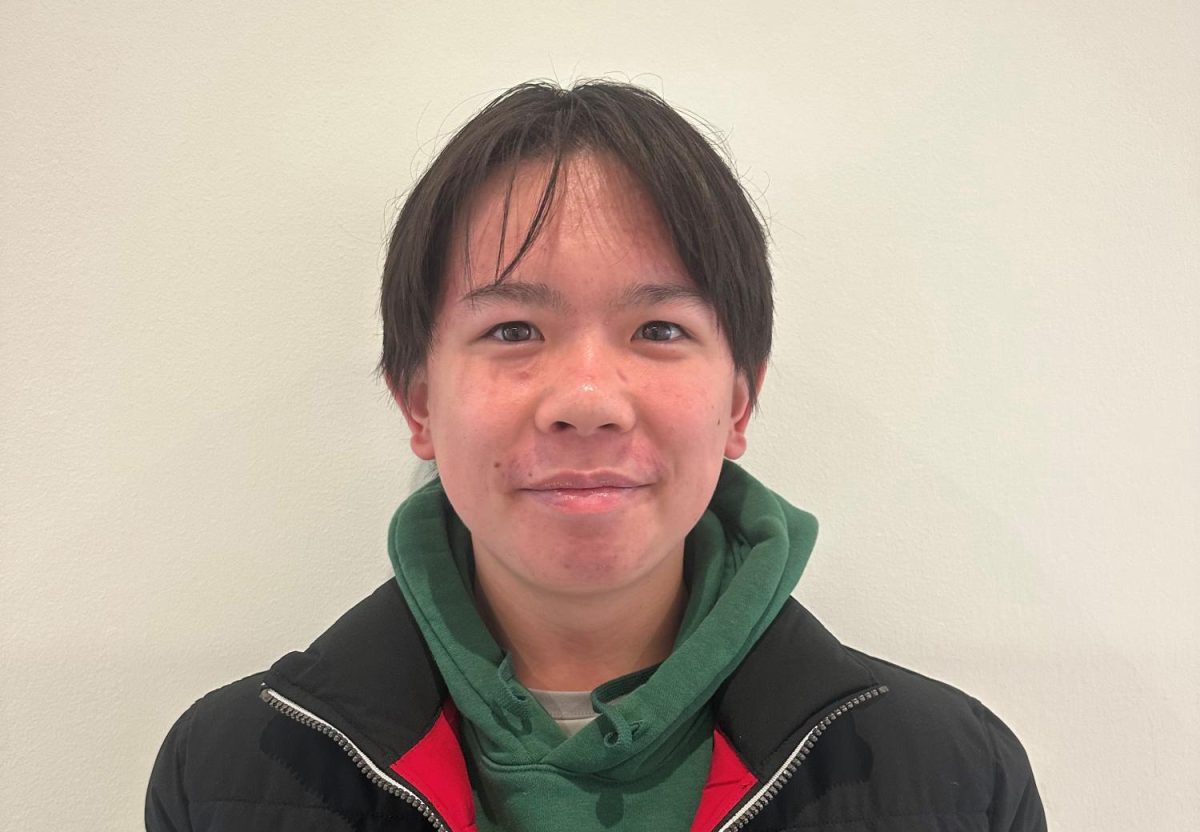I first heard the name Kamala Harris in 2019 when I watched the Democratic primary debate with my parents. I still remember the excitement I felt as a seventh-grader, seeing someone who looked like me, a South Asian, commanding a stage in front of millions of Americans.
Right then, I knew that it would not be the last time I would hear the name Harris. In the coming months, she was named the running mate of the Democratic nominee, Joe Biden, making her the first South Asian to be on a major party ticket. And now, with the 2024 presidential election approaching, I feel represented at the top of the ballot.
So, why does it feel so bittersweet?
Despite doubts from prominent political figures, watching the Democratic Party rally around Harris after Biden dropped out of the election was both shocking and exciting. Seeing a woman of South Asian descent receive unprecedented support from people of all walks of life made me feel proud. It felt like a stark contrast to the past few years where conversations about South Asians in U.K. and U.S. politics often revolved around controversial right-wing men like Rishi Sunak and Vivek Ramaswamy.
Harris, in my eyes, was a breath of fresh air for politicians in the South Asian community.
However, as her campaign accelerated, my excitement quickly turned into resentment. Although Harris virtually never mentions her race or gender in political discussions, it seemed as if that was all media outlets were talking about. Conversations of her being a “diversity, equity and inclusion hire” dominated the media, leading people to question her legitimacy as a candidate.
How can Harris, despite having been a prosecutor, California attorney general and U.S. senator, be unqualified because of her race? Even more frustrating for me, however, was what I noticed in the days following her campaign announcement: a crucial part of her identity was being left out of conversations.
As I obsessively checked the news and listened to political podcasts, I noticed that media outlets were consistently excluding “South Asian” from her identity. Her status as the first Black female presidential nominee is rightfully celebrated; however, her status as the first South Asian presidential nominee is often overlooked.
My frustration quickly turned to anger. In many ways, casual racism toward the Indian community is ridiculously normalized in America. I thought that since Harris was the Democratic nominee, the South Asian community would finally receive flowers. Unfortunately, when I finally saw true representation at the top of the presidential ticket, it felt as if the country seemed to forget the capability of South Asian women.
Determined to figure out the origins of this disparity, I began to analyze how South Asians around me mobilized around Harris. Almost immediately after her campaign announcement, a “Black women for Harris” Zoom call drew over 40,000 participants. Conversely, there have been few attempts from South Asians to make the same rallying cry. In fact, from what I have seen, many South Asian Democrats have been slow to embrace Harris.
While I believe that it is good that Indians don’t immediately jump to support Harris’ support solely due to her race, I do believe that the lack of outward support may be due in part to deeply ingrained biases against women in political power within the South Asian community.
Perhaps more importantly, Donald Trump’s attempts to pigeonhole Harris’ identity into one box has tainted the Indian community’s outlook of her. Many South Asians are bitter that the media has glossed over her Indian identity, but Harris has had no part in this.
Harris is not running her campaign based on “identity politics,” and she mostly distances herself from it as much as possible. However, when she is the first female Black nominee and the first South Asian nominee, it can be impossible for voters, including me, to distance themselves from discussions about race and gender.
Attempts to paint a narrative around her identity are fracturing communities of color by pitting them against each other, when we should be reveling in the fact that we are being represented by a capable woman. I allowed these narratives to taint my view of her as a candidate, when I should have been focusing on her vision for the future of America.
Now, South Asians must make a critical decision: will we allow the narratives around talks of Harris’ identity continue to dominate how we view her as a candidate? When we step into the voting booth come November, I hope that is not the case.






